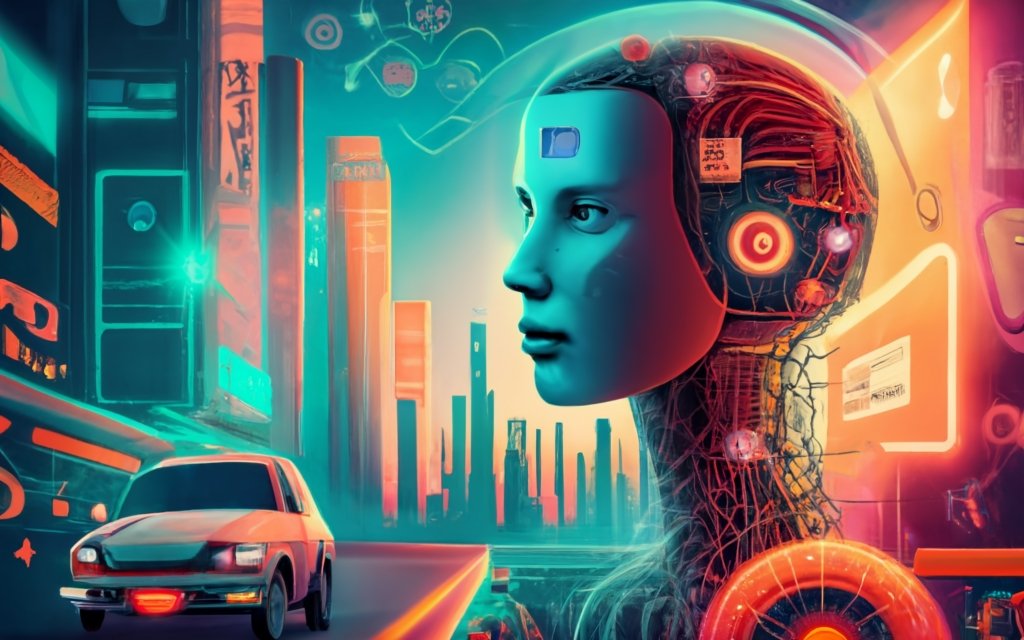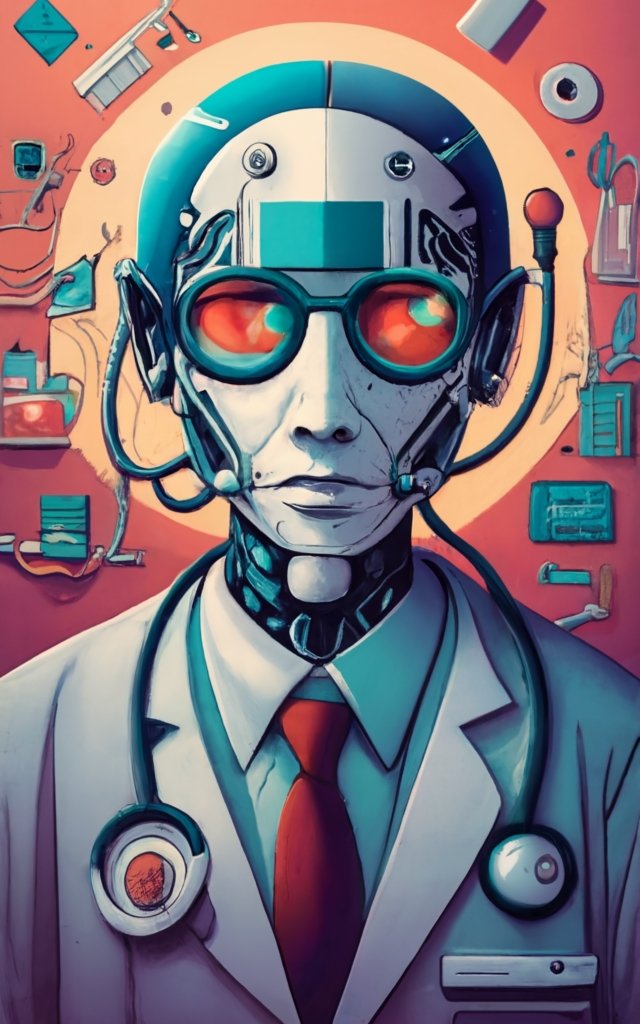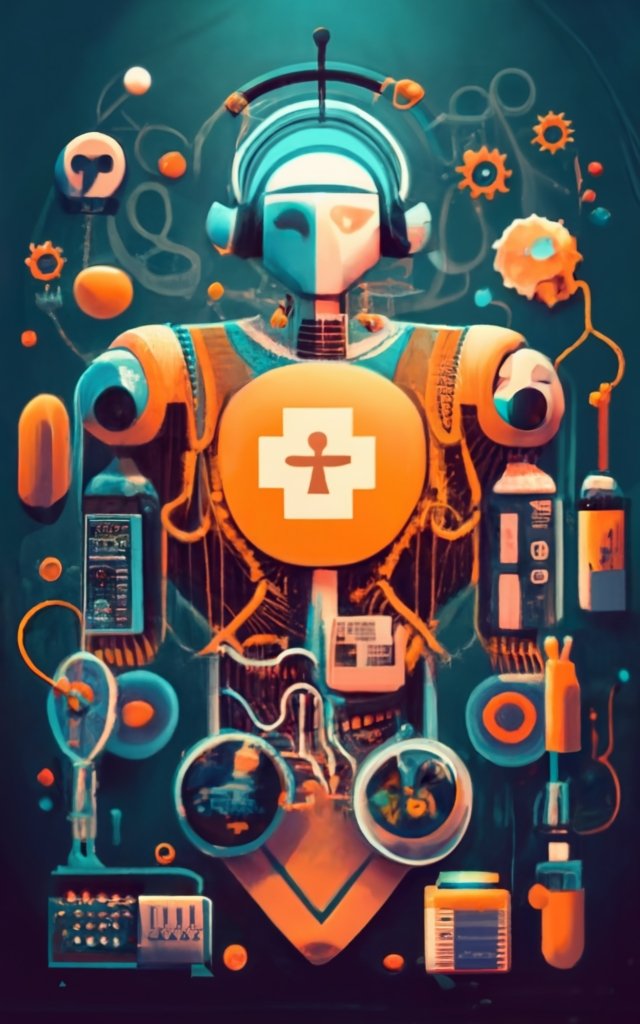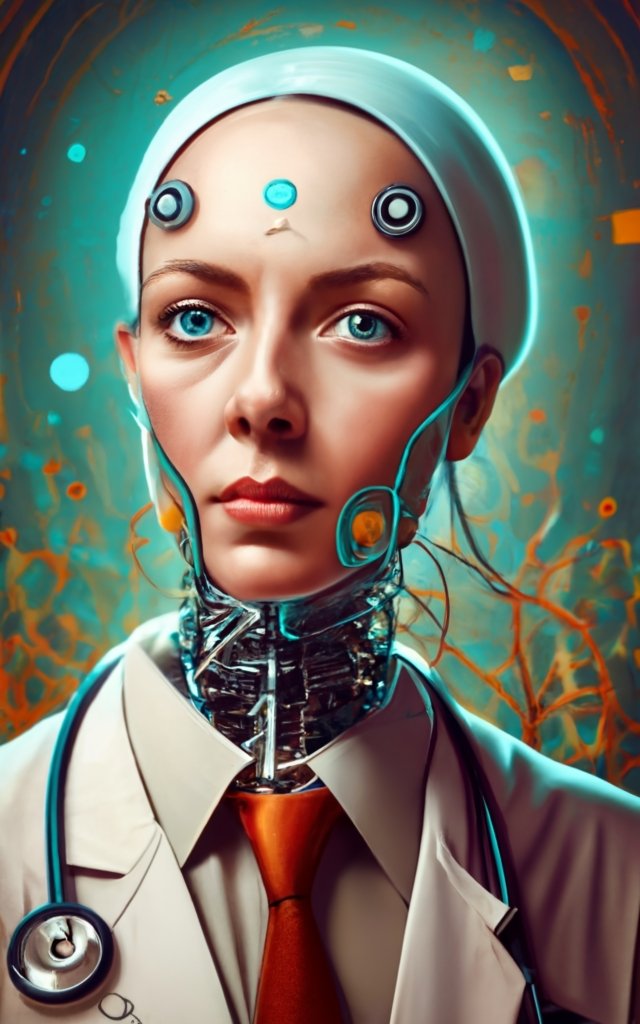Unmasking the Illusion of AI as the Future of Medicine

In a world captivated by artificial intelligence, healthcare is often hailed as the sector where AI’s transformative potential will shine the brightest. However, a deeper investigation reveals a complex and nuanced narrative that challenges the utopian vision of AI as the future of medicine.
The Mirage of Market Numbers

The global AI in healthcare market is experiencing rapid growth, with a projected compound annual growth rate (CAGR) of 37.5% from 2023 to 2030. “These numbers are frequently cited as evidence of AI’s unqualified success in healthcare,” says Dr. Emily Andrews, a leading expert in healthcare technology. “However, they mask the nuanced reality that the role of AI in healthcare is still in its nascent stages.”
AI algorithms have shown promise in diagnosing diseases like COVID-19, but they are not yet the diagnostic magicians we often imagine them to be. “We’re at the tip of the iceberg,” Dr. Andrews adds. “The real work lies ahead in refining these algorithms to ensure they are both effective and efficient.”
The market statistics also hide a significant disparity in AI adoption across different healthcare sectors. While larger hospitals and research institutions have been quick to integrate AI into their operations, smaller clinics and healthcare providers are struggling to keep up. The high costs of implementing and maintaining AI systems serve as a significant barrier for these smaller entities, widening the gap between the haves and the have-nots in healthcare.
Moreover, the focus on market numbers often diverts attention from the quality of healthcare services that AI can genuinely improve. “It’s not just about the numbers; it’s about the impact,” Dr. Andrews emphasizes. “We need to measure success not just in terms of market growth but also in terms of improved patient outcomes and healthcare efficiency.”
The Ethical Labyrinth
Data privacy and algorithmic bias are significant concerns when it comes to AI in healthcare. “The ethical dimensions are even more intricate than the technology itself,” warns Dr. Andrews. “If the data used to train these algorithms is skewed, the AI could inadvertently perpetuate existing healthcare disparities.”
An anonymous industry expert challenges this view, stating, “Ethical concerns are valid but should not overshadow the immense potential of AI to revolutionize healthcare. Ethical guidelines are currently being developed to mitigate many of the risks involved.”
However, ethical considerations extend beyond data privacy and algorithmic bias. There’s also the question of accountability. If an AI algorithm makes a mistake, who is responsible? Is it the healthcare provider, the AI developer, or the data scientists who trained the algorithm? These are complex questions that the industry has yet to answer fully.
Moreover, the ethical implications of AI in healthcare are not confined to the technology itself but extend to its broader societal impact. “We need to consider the ethical ramifications of AI not just in isolation but in the context of broader healthcare systems and societal structures,” Dr. Andrews notes.

The Underbelly of Technological Progress

The focus on AI often overshadows the challenges faced by small healthcare providers who can’t afford these advanced technologies. There’s also a growing concern about healthcare inequality. “AI is not a one-size-fits-all solution,” Dr. Andrews observes. “While it holds the promise of democratizing healthcare, there’s also a very real danger that it could exacerbate existing inequalities. We need to be vigilant in ensuring that the benefits of AI are accessible to all, not just a privileged few.”
The issue of healthcare inequality is particularly acute in developing countries, where access to basic healthcare services is already a challenge. The introduction of AI could further marginalize these communities, creating a two-tier healthcare system where only the wealthy have access to the best medical care.
Furthermore, the focus on AI’s potential benefits often overlooks the human element in healthcare. “Technology can aid healthcare, but it can’t replace the human touch that is often crucial in patient care,” Dr. Andrews adds.
A Balanced Perspective
As we stand on the cusp of a new era in medicine, it’s crucial to approach AI with a balanced perspective. “The road ahead is long and winding,” concludes Dr. Andrews. “But it’s a journey worth taking, provided we navigate it with our eyes wide open to both the opportunities and the pitfalls that lie in wait.”
This story serves as a sobering reminder that the future of medicine is not as straightforward as we might like to think. While AI has the potential to bring about significant improvements in healthcare, it also raises a host of ethical and social issues that we cannot afford to ignore.
So, as we move forward into this brave new world of AI-driven healthcare, let us do so with a sense of responsibility and a commitment to ensuring that the technology serves the needs of all, not just a privileged few. Only then can we truly realize the potential of AI to transform healthcare for the better.



